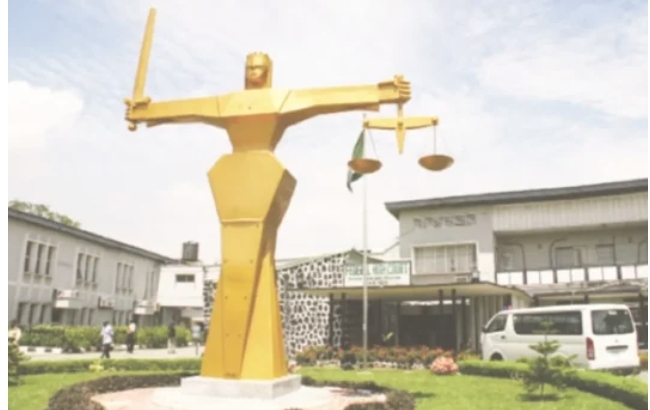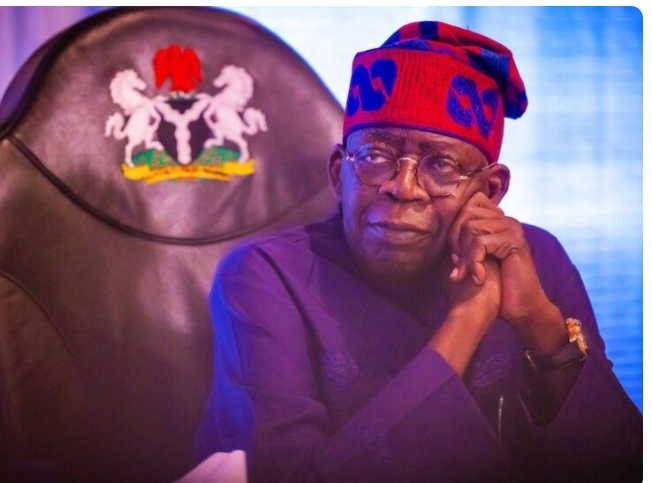A Makurdi Chief Magistrates’ Court on Tuesday remanded 23 persons in a Correction Centre for allegedly causing the crisis in Oju Local Government Area of Benue on June 11.
The police charged the defendants, of various addresses in Oju with criminal conspiracy, culpable homicide, inciting public disturbance, mischief by fire, illegal possession of firearms and acts of terrorism.
The Magistrate, Mrs Roseline Iyorshe, however, did not take the pleas of the defendants for want of jurisdiction and adjourned the matter until July 3, for further mention.
Earlier, the Prosecution Counsel, Insp Jonah Uletu, told the court that one Abinyi Agbenyi of Anyiwogbu reported at the Oju Police Station on June 11 that crisis had erupted in Anyiwogbu Ibila Community.
Agbenyi told the police that a signboard of a proposed university in Anyiwogbu Ibila was allegedly removed by unknown youths from Oju as a result of dispute over the land on which the proposed institution was to be sited.
The complainant stated that following the removal of the signboard, crisis erupted, which led to sporadic shooting and burning of houses around Ihiu Ibila and Barracks areas of Oju.
He said that four persons were killed as a result of the crisis.
Uletu said that following the report, a joint patrol of police and military went to the scene and arrested 23 persons led by one Obo Ahulo and Peter Oga, while others fled.
The prosecutor said their offences contravened Sections 97, 222 and 338 of the penal code laws of Benue, 2004.
It is also contrary to the provisions of Section 3(1) of the Robbery and Firearms Act, 2004 and 4(2) of the Abduction, Hostage-taking, Kidnapping, Secret Cult and similar activities Prohibition laws of Benue, 2017.











